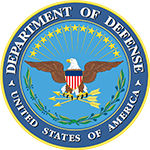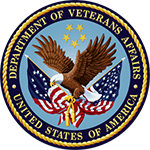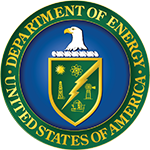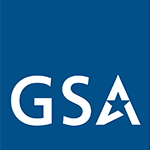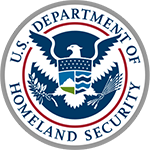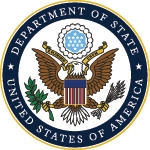Comprehensive Water Management Training provides Federal sector facility and energy managers with the knowledge and skills to assist in meeting water-related legislative and executive order requirements. Learners will develop skills in increasing water efficiency and reducing water use through sound operations and maintenance practices and water-efficient technologies. Several methods for meeting needs for non-potable water through alternate water sources, such as rainwater harvesting, reclaimed wastewater, and gray water are discussed. Water metering is discussed as well as life-cycle costing and establishing the overall economics for strategic water management.
Instructor
Kate McMordie Stoughton, Pacific Northwest National Laboratories Read Bio
Kate McMordie Stoughton, a Certified Energy Manager at Pacific Northwest National Laboratories. She is a water efficiency engineer with PNNL, where she develops and instructs water resource management workshops, develops strategic plans for water management at Federal sites, and assists with Federal policy guidance. Ms. McMordie Stoughton holds a B.S. in civil engineering from the University of Colorado and is a Certified Energy Manager and a LEED Accredited Professional.
Learning Objectives
Upon completing this course, you will be able to:
- Select indoor, outdoor, process, and irrigation water efficiency solutions and demonstrate knowledge of technologies, O&M best practices, and life cycle cost analysis techniques;
- Choose the best methods for distribution system leak detection and repair;
- Select alternate water sources to meet facility needs for non-potable water uses; and
- Apply the ideal water metering options to understand water performance and develop a long-range water management plan.
NOTE: The executive order(s) cited in this course has/have been revoked and superseded by the latest executive order(s). For information on the latest federal energy and environmental policies, visit the Office of Federal Sustainability Council on Environmental Quality website.


